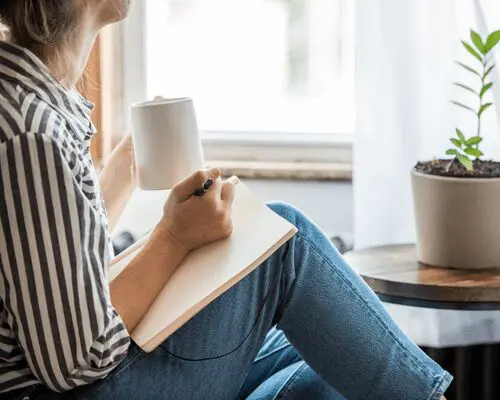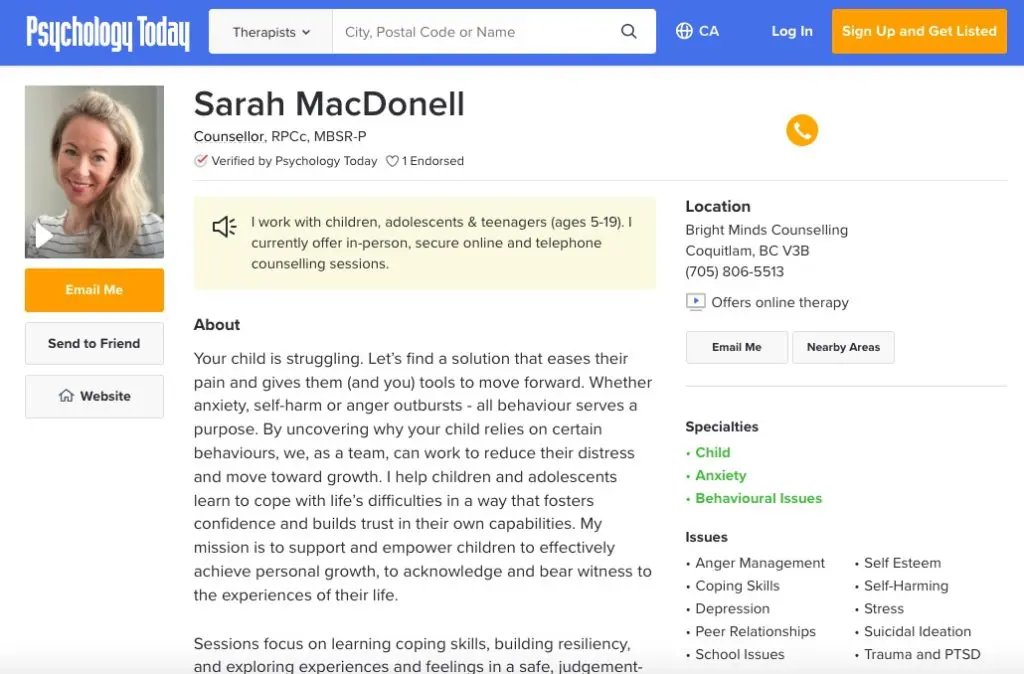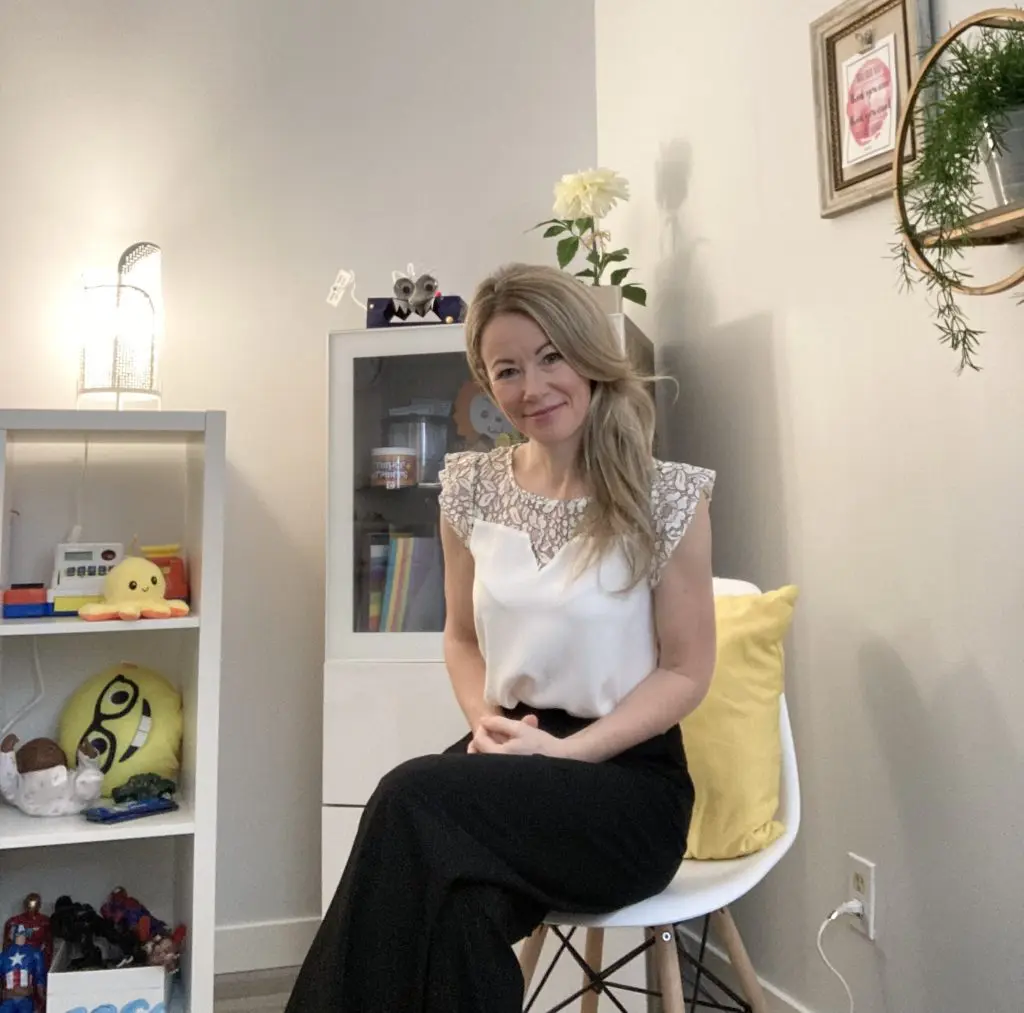In these challenging times, it’s become necessary to take care of our mental health. Stressors like Covid, work, studies or finances can take their toll on our physical and mental health. While we can’t stop stress from happening, we can safeguard against how it may affect our well-being. Many people believe that the period to learn coping skills for stress reduction is during times of strain. The opposite is true.
We don’t want to learn how to swim when the ship is sinking, we want to prepare well in advance so that if troubles come our way, we have confidence in our abilities to ride the waves. Here are some tried and true Counselling Therapist approved mental health tips for everyday use.
Just breathe
One of the easiest places to start is with our breathing. Few of us are aware of how tense we are on a daily basis. Slowed, focused breathing can calm our nervous system quickly. Start by:
- Placing your hands on your stomach, and as you breathe in, imagine your belly is a balloon you are trying to fill with air.
- As you breathe through your nose, the balloon expands, and your hands raise.
- Pretend you are breathing through a straw and slowly exhale until the balloon is flat.

It may also be helpful to concentrate on thinking to yourself “in” on the inhale and “out” as you exhale. This will help to reduce distracting thoughts or mind-chatter. Repeat this 8-10 times and notice the tension melt away. This exercise is helpful as you notice the first signs of stress or anxiety rather than during a full-blown anxiety attack. Remember, you’re learning to swim before the seas become rough.
Self-compassion
Upon realizing we need to change and look after our health, we begin to criticize ourselves for not sticking to a routine. One tip that I often tell my clients is to be gentle with yourself. We are all doing the best we can at any given moment, whether we’re parents, students or busy working our 9-5 jobs.
As you learn healthy tools, remember to treat yourself with self-compassion. Take time to acknowledge all the ways you’re growing. It takes courage to care for ourselves, and it doesn’t get any easier if we beat ourselves up for skipping a day. When you’re extra hard on yourself, picture yourself as a little child, maybe on your first day of school. See how innocent and precious that little child is and send them some love. If you have a picture of yourself at that age, keep it on your fridge or desk to remind yourself that you deserve as much love and patience as any little child. There’s a past version of you that is very proud of how far you’ve come.
Gratitude

If you find it hard to show yourself compassion, an alternative could be to start a gratitude journal. Many people find the act of writing down a few things they’re grateful for every morning or night very fulfilling. A small journal kept by your bed can be a great way to end the day positively. Start every sentence with “I am grateful for…” and see what comes to mind. There’s no right or wrong answer.
If you find it hard to show yourself compassion, an alternative could be to start a gratitude journal. Many people find the act of writing down a few things they’re grateful for every morning or night very fulfilling. A small journal kept by your bed can be a great way to end the day positively. Start every sentence with “I am grateful for…” and see what comes to mind. There’s no right or wrong answer.
As long as you’re taking the time to think about things you’re thankful for, you’re on the right track. I am grateful for the food in my fridge. I am grateful for my health. I am grateful for this roof over my head.
Sleep hygiene
An essential yet often overlooked piece of wellness is sleep hygiene. We face so much in an average day that waking up rested and restored is essential. Sleep hygiene starts by integrating a few easy habits:
- Avoid using any electronic devices two hours before bedtime, and never use devices in your bed. The blue light emitted by electronics interferes with our melatonin production, which is our natural sleeping aid. The information we read or see introduces the potential for anxious thoughts that keep us awake. Instead, opt to read a book, do some yoga, stretching or crossword puzzle on the couch.
- When you finally go to bed, go to bed when you’re drowsy.
- Keep your bed for sleep or intimacy only.
- When you wake up, get out of bed right away. The more your brain associates the bed with sleep, the less time it will take to fall asleep over time.
- Stick to the same routine each night – brushing teeth, reading, and going to bed at the same time every day, signals to our brain that it’s time to wind down and ready itself for rest.
- Keep your room cool or open a window. Our bodies naturally drop one to two degrees when we sleep, so by creating a cold room, our bodies get the signal that it’s time to sleep faster.
When it comes to our mental health, practice makes perfect. Many of my clients are often surprised when I tell them that I want them to learn to lower their tolerance for stress rather than increase it. We often think, “If only I could do more, take on more, or have more hours in the day,” but all that does is teach us to ignore our body’s signals when under stress.
When we learn to slow down, we notice when we’re anxious, angry, or exhausted and can then take control by practicing mental health strategies. Why wait until we’re too overwhelmed to function? Incorporating a few of these techniques today could have a great effect on tomorrow’s mental health.










